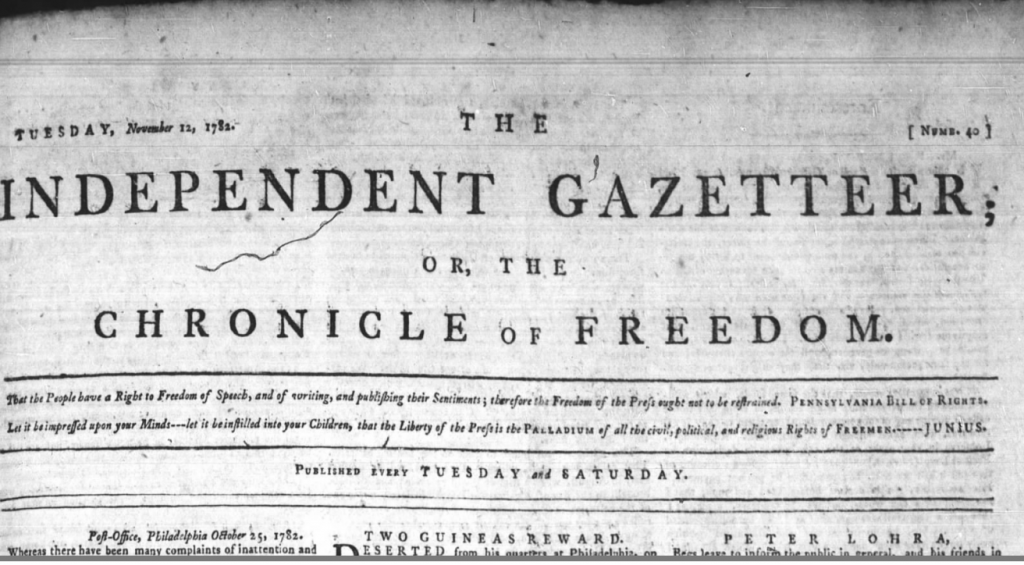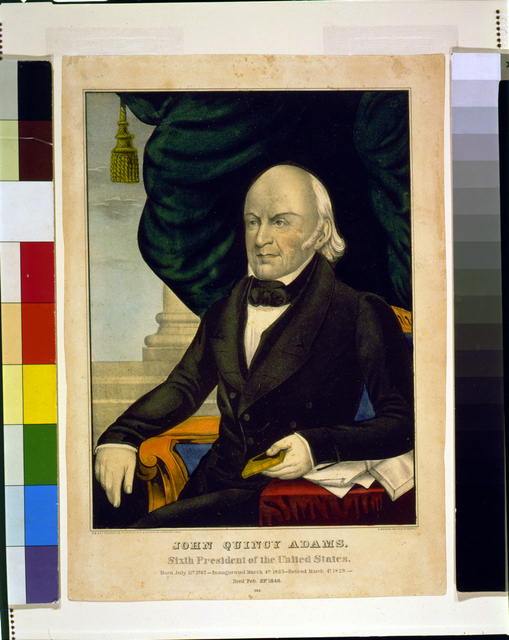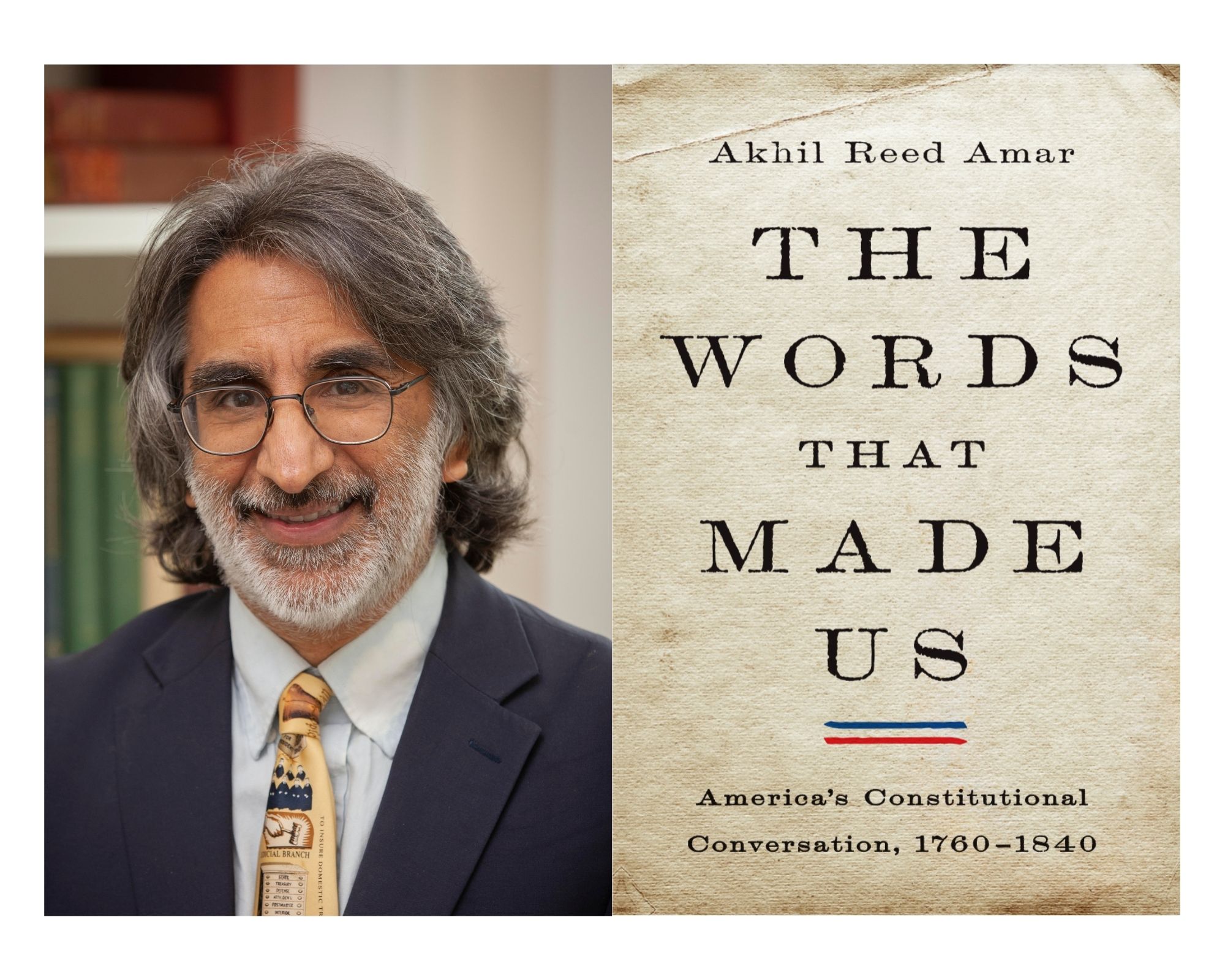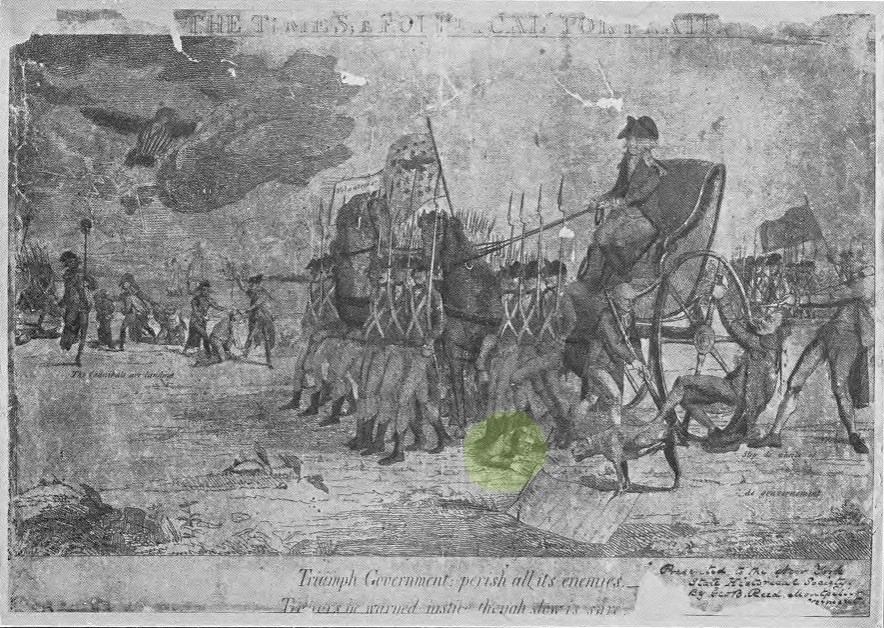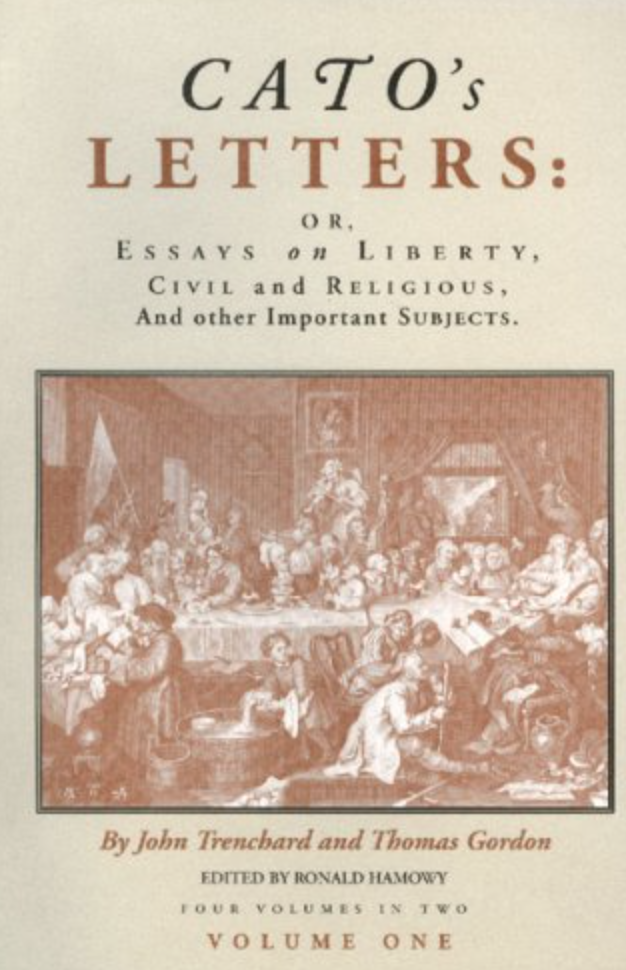By Professor Stephen D. Solomon
Candid argued in 1782 for new protections for the press from seditious libel. The press was central to examining candidates in the electoral process. He advocated for an end to the doctrine of libels—criminal prosecutions of the press—while civil suits could continue. Since public officials are chosen to serve the public, it “highly behoves the people in general to be well acquainted with the characters of each other individually.” The press was in the best position “to apprize the people of their danger from the choice of unworthy persons to act in public stations.” He maintained that the press should not only examine candidates for public office, but also private characters—those “who are eligible to it, or may influence others in their choice.”
Candid
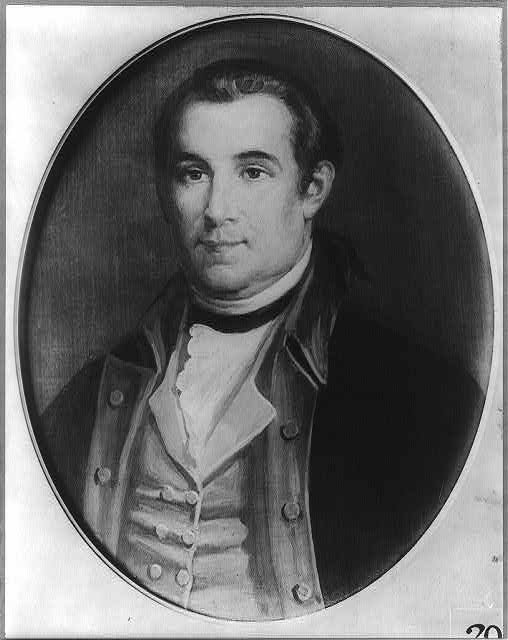
Eleazer Oswald, publisher of Independent Gazetteer
The Preservation of Political Liberty, is, in my opinion, far from being the only, or most Important reason for indulging, a free country, the Liberty of the Press; though I would claim that Liberty, not as an Indulgence, but as a Right. It has, I conceive, a much more general and extensive usefulness; even the preservation of every social right,—the promotion of every Virtue,—the suppression of every Vice and Immorality,—and the Scourge and dread of every Tyrant. . . .
Public officers, and Magistrates are to be chosen and therefore it highly behoves the people in general to be well acquainted with the characters of each other individually, than their choice of public officers, and that their private intimacies, may be properly directed. Good people can suffer nothing by such checks upon their conduct, they will be the more esteemed the more they are known; and bad ones will be powerfully restrained from indulging their criminal and disorderly Inclinations. . . .
But every thing written or printed respecting characters, whether public or private, should always be strictly comfortable to truth, justice, and propriety: If they are not, mischief, and not good, will be the consequence. For calumny and defamation, a jury will generally award suitable damages; for lesser offences, contempt and ridicule will attend the publishers. . . .Under these restrictions, I think the press is sufficiently secured from licentiousness, without having recourse to the Doctrine of Libels, which, according to this definitions of arbitrary, tyrannical judges, has been converted into an engine of the most Intolerable oppression that was ever introduced among a people who had any pretentions to freedom. . . .
The doctrine of libels . . . has been one of the most mischievous engines of oppression for some ages in England, and eventually the cause of much bloodshed and the greatest public confusions there, and will certainly have similar effects here if not powerfully checked in time. . . .
An unrestrained press is indeed the best method that has been found to apprize the people of their danger from the choice of unworthy persons to act in public stations. But in order to prevent this, I think the press should not be entirely restrained from exposing the conduct of private persons. . . .
On the question, May the private character of public officers be scrutinized? I answer, Yes Sir. By your own showing they may; and ought to be; and not only those who are candidates for office, but those who are eligible to it, or may influence others in their choice. Many faults in private as well as public characters may, in my opinion be much better corrected by the press than by the magistrates. . . .For these and other reasons, I think the press should by no means be restrained, or even excused from its influence in correcting or exposing private as well as public characters.
Source: The Independent Gazetteer (Philadelphia), 14 December 1782
